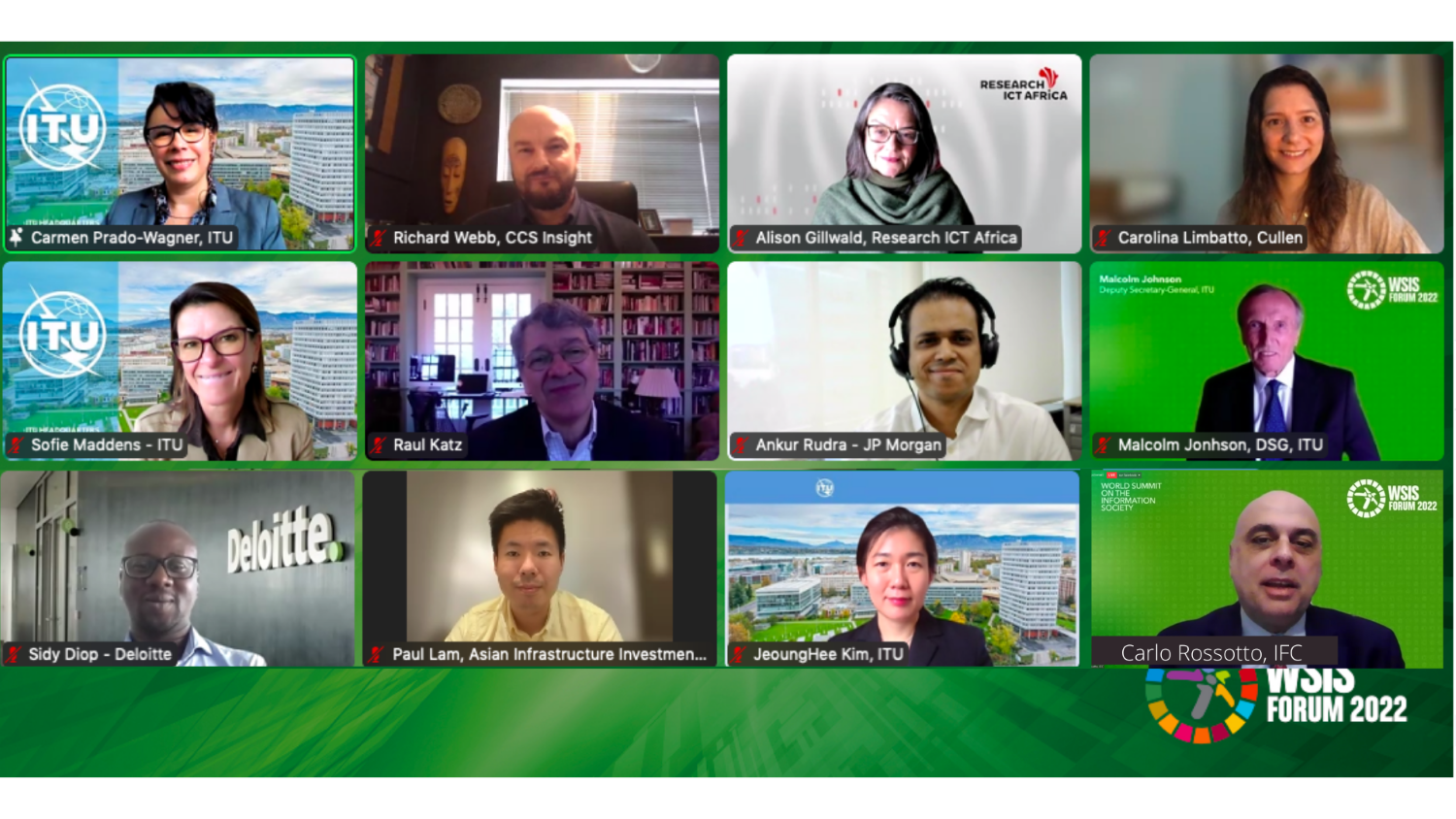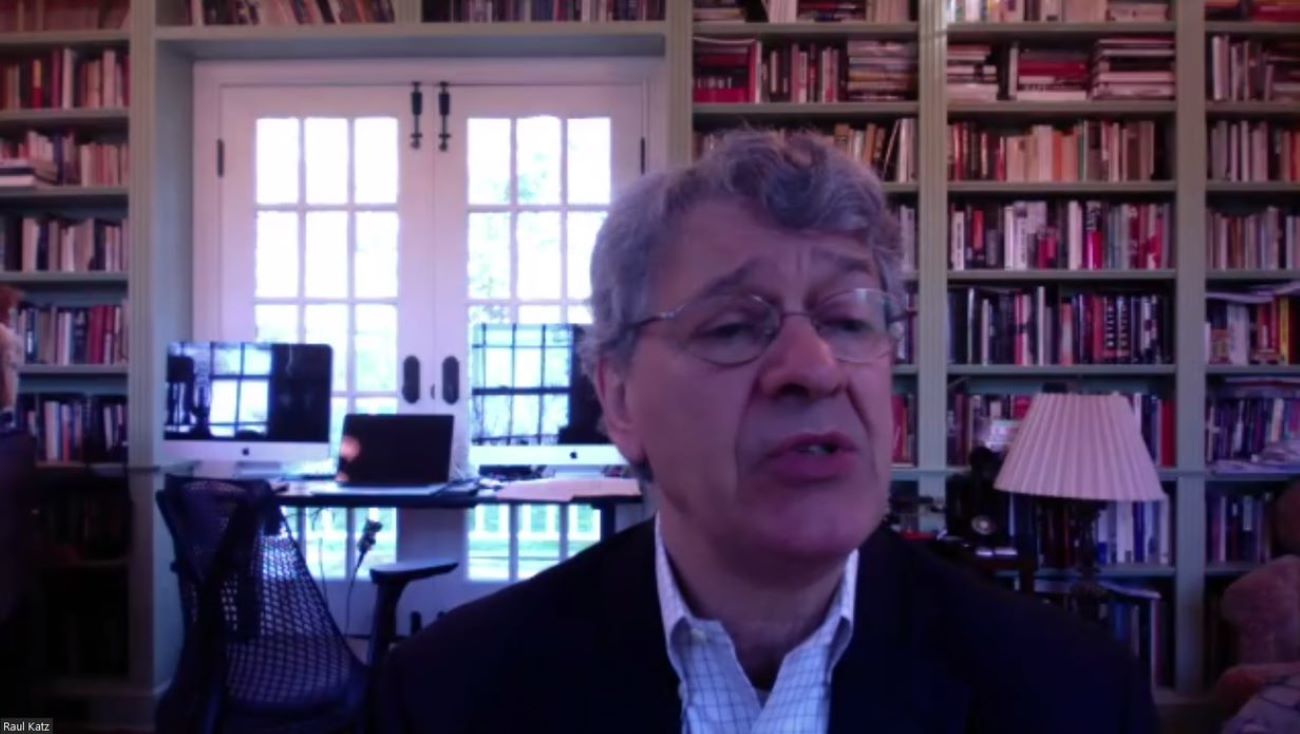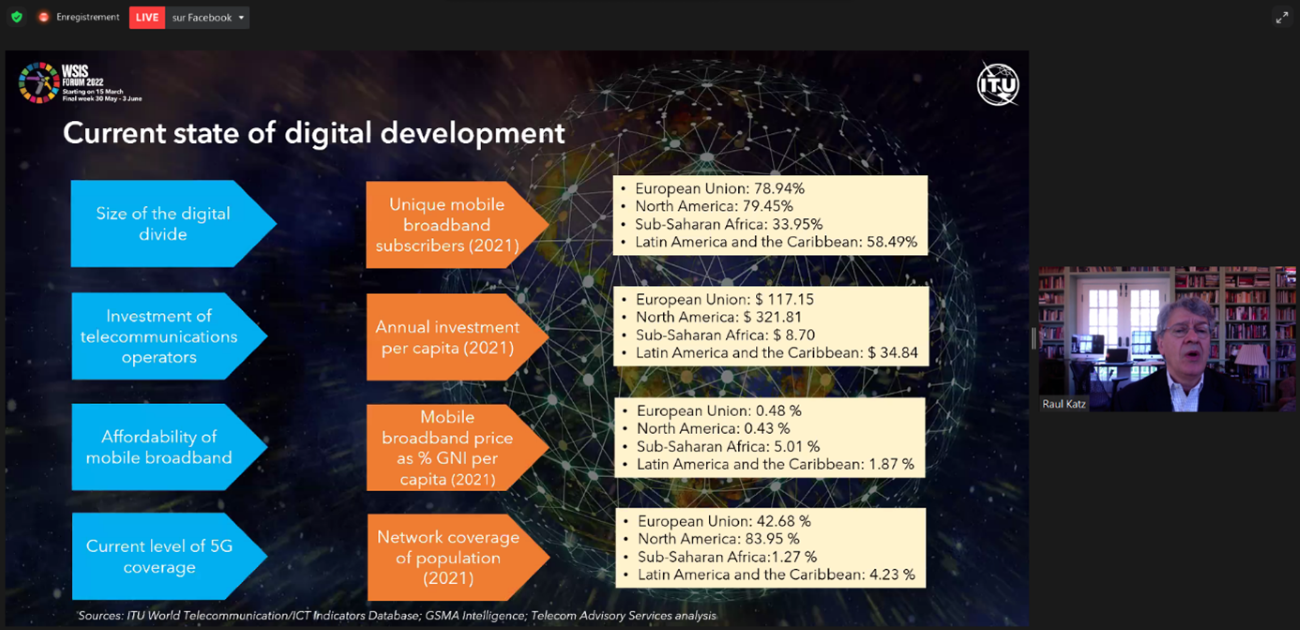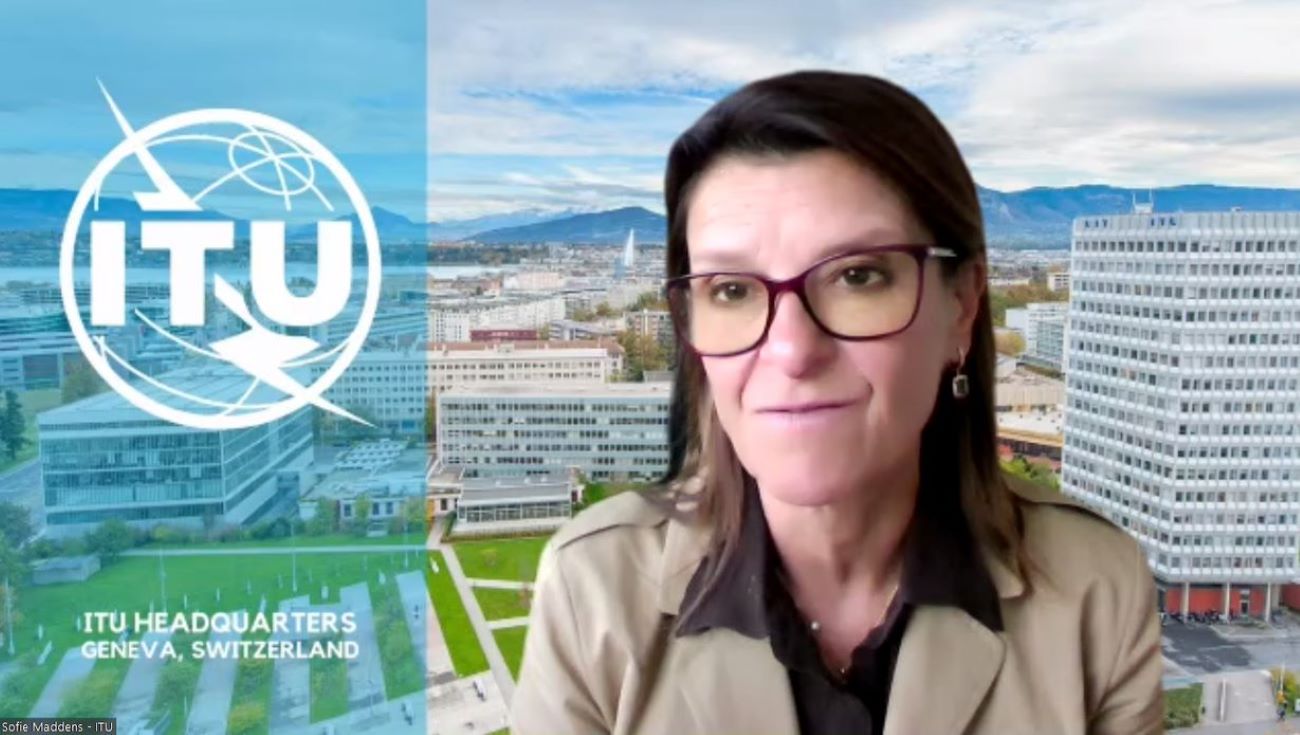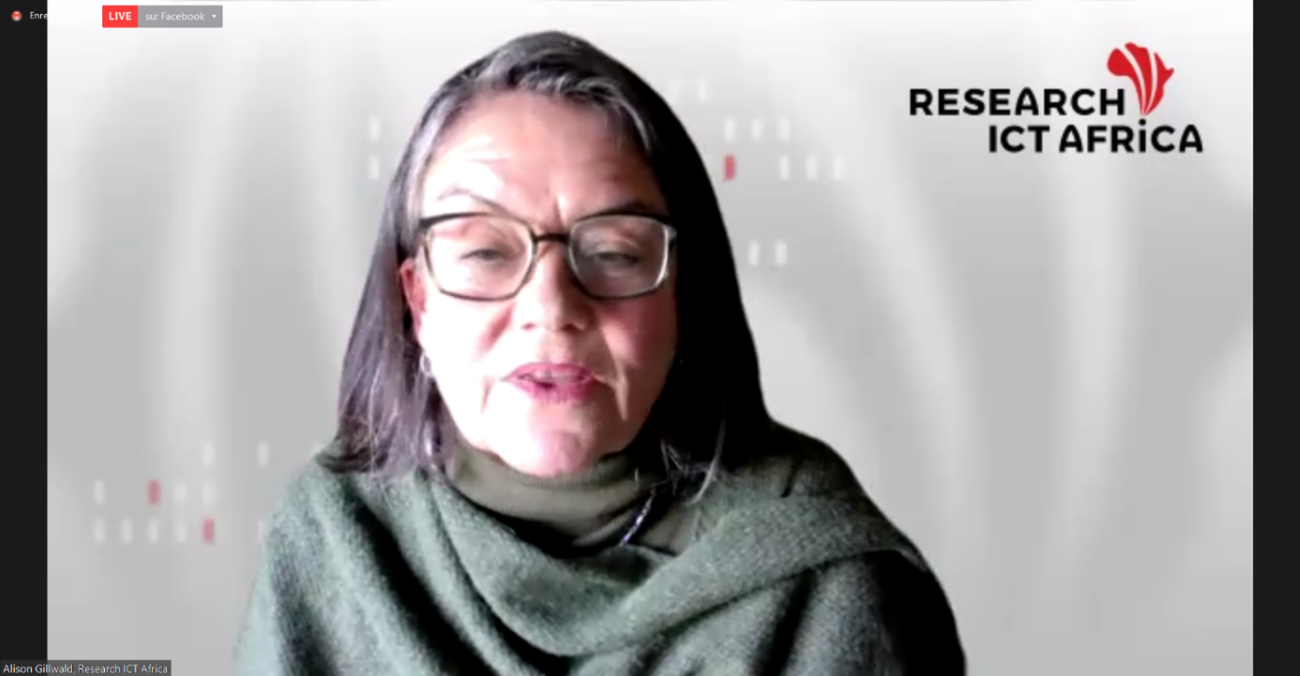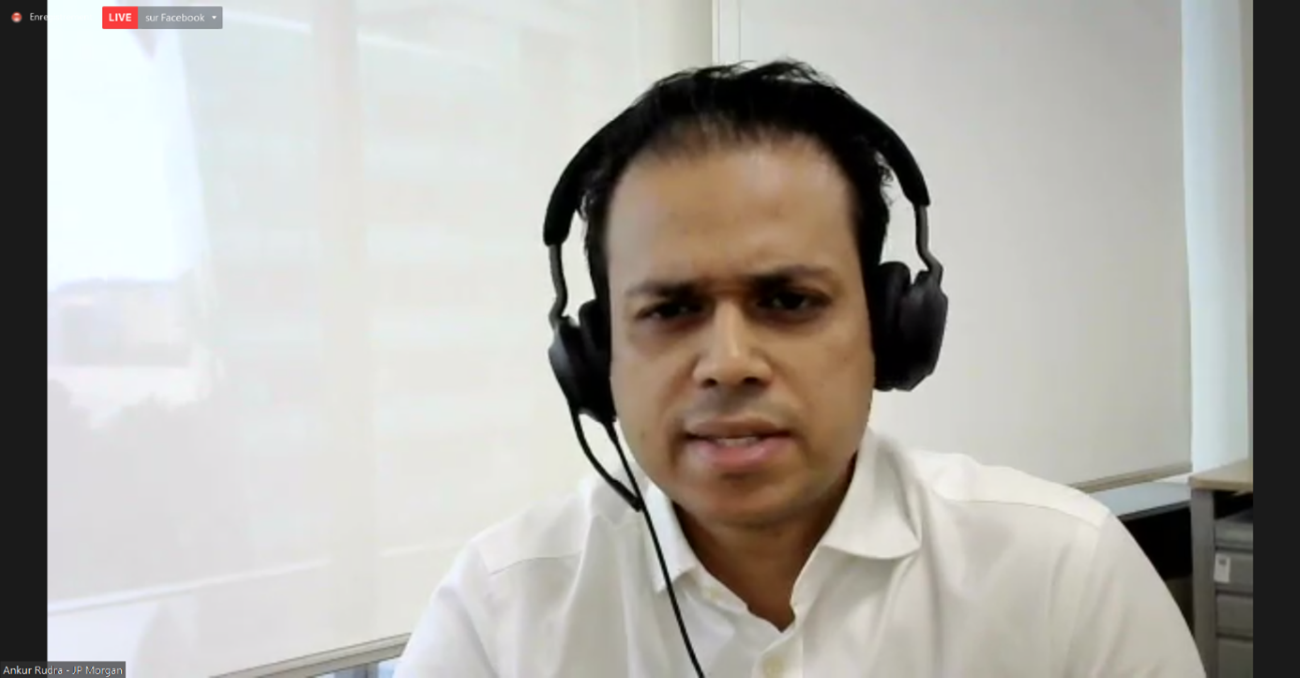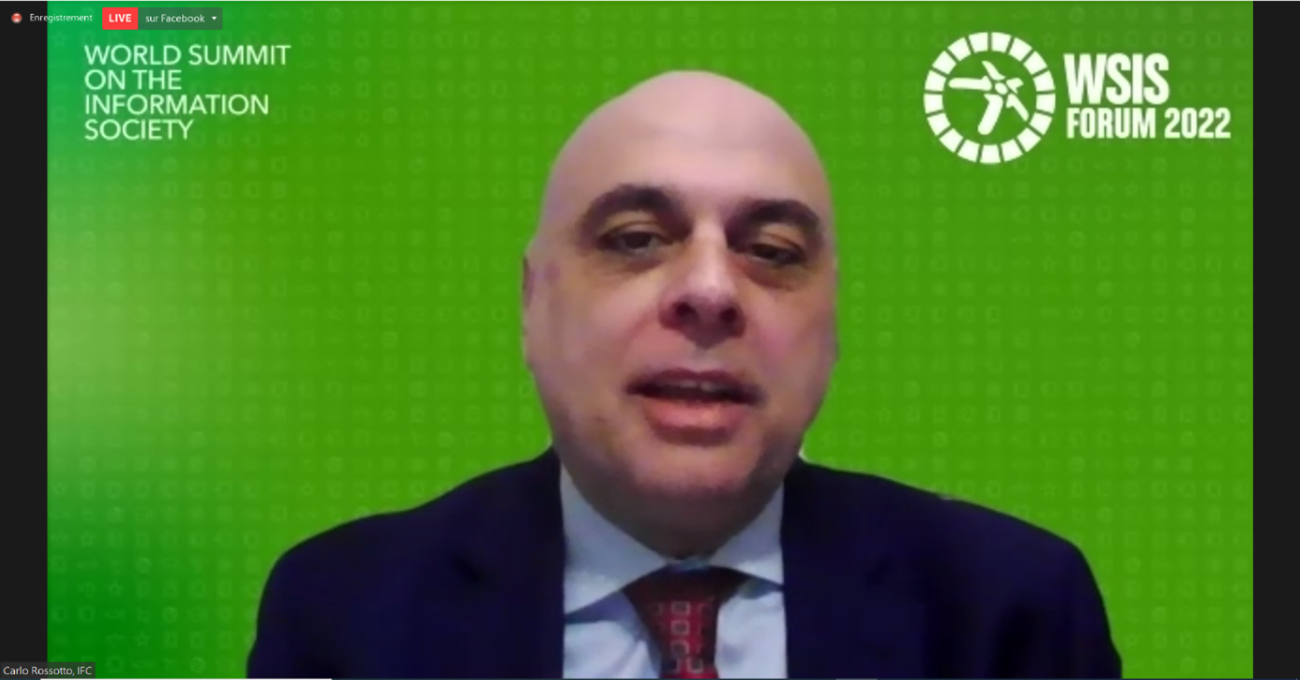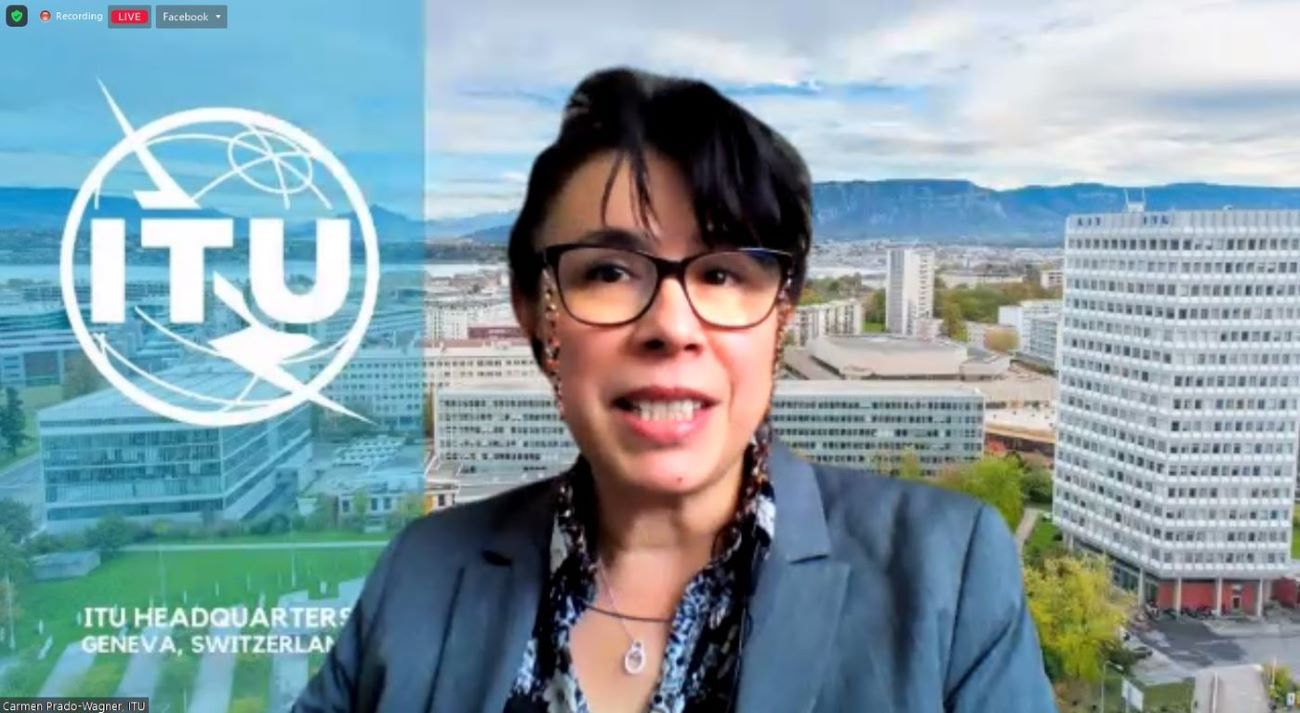WSIS Action Line C6: Enabling Environment: Economic and fiscal incentives to accelerate digital transformation
ITU
Session 294
Considering the importance to enable an appropriate environment to address affordable digital connectivity for sustainable development and accelerate digital transformation, this year the 9th Economic Experts Roundtable is organized within the framework of WSIS Forum 2022, specifically under Action Line C6 on Enabling Environment.
The need to create a suite of enablers to decrease ICT infrastructure deployment costs, such as reducing taxation on equipment, streamlining relevant regulation and addressing excessive taxation was discussed during previous ITU Economic Experts Roundtables. These recommendations raise the need to outline an appropriate framework of economic and fiscal incentives by considering the trade-offs between the needs to raise funds for the delivery of services, and provide the incentives for deployment of digital infrastructure, while addressing any potential fiscal asymmetries and imbalances across sectors (e.g., ICT vs. other industries) and sub-sectors of the digital economy (e.g., telecommunications vs. OTT).
This Roundtable is being convened to take stock further on potential economic and fiscal approaches to address, in a balanced way, these potential imperatives:
1) How can - or should - we address potential asymmetries in economic incentives implemented across all sectors of the digital economy? How to address the imbalances across sectors and sub-sectors of the digital economy?
2) What are the implications of the G20 endorsement of the OECD deal of a global minimum corporate tax of 15% for the digital ecosystem?
3) What could be potential fiscal incentives to stimulate the deployment of digital infrastructure in rural and isolated areas? What is the role of ICT National Regulatory Authorities (NRAs)?
4) What kind of economic incentives should be defined to ensure the introduction of advanced technologies such as 5G, fiber optics, and cloud-services to support digital transformation of the economy?
13:00-13:05 | Welcome and Opening Remarks
Mr Malcolm Jonhson, Deputy Secretary General, ITU
13:05-13:15 | Agenda Presentation
Dr Raul Katz, Rapporteur, ITU
13:15 – 14:25 | Economic and fiscal incentives to accelerate digital transformation
Moderator: Ms Sofie Maddens, Head, Regulatory Market and Environment Division, ITU
Panelists:
1. Dr Sidy Diop, Partner Economic Advisory at Deloitte France
2. Mr Paul Lam, Strategy Officer - Digital & Technology, Asian Infrastructure Investment Bank
3. Ms Carolina Limbatto, Partner Head of Latin America, Cullen International
4. Dr Alison Gillwald, Executive Director, Research ICT Africa
5. Mr Ankur Rudra, Asia Telecom Equity Research, JP Morgan
6. Mr Richard Webb, Director Network Infrastructure, CCS Insight
14:25 – 14:30 | Closing remarks
Ms Sulyna Abdullah, Chief, Digital Knowledge Hub Department, ITU

https://www.itu.int/en/ITU-D/Regulatory-Market/Documents/Events2022/Malcolm-Johnson_bio.pdf


https://www.itu.int/en/ITU-D/Regulatory-Market/Documents/Events2022/Sofie-Maddens_bio.pdf



https://www.itu.int/en/ITU-D/Regulatory-Market/Documents/Events2022/Carolina-Limbatto_bio.pdf


https://www.itu.int/en/ITU-D/Regulatory-Market/Documents/Events2022/Ankur-Rudra_bio.pdf

https://www.itu.int/en/ITU-D/Regulatory-Market/Documents/Events2022/Richard-Webb_bio.pdf

https://www.itu.int/en/ITU-D/Regulatory-Market/Documents/Events2022/Carlo-Maria-Rossotto_bio.pdf

https://www.itu.int/en/ITU-D/Regulatory-Market/Documents/Events2022/Carmen-Prado_bio.pdf
-
 C6. Enabling environment
C6. Enabling environment
-
 Goal 9: Build resilient infrastructure, promote sustainable industrialization and foster innovation
Goal 9: Build resilient infrastructure, promote sustainable industrialization and foster innovation
